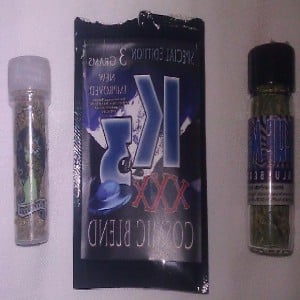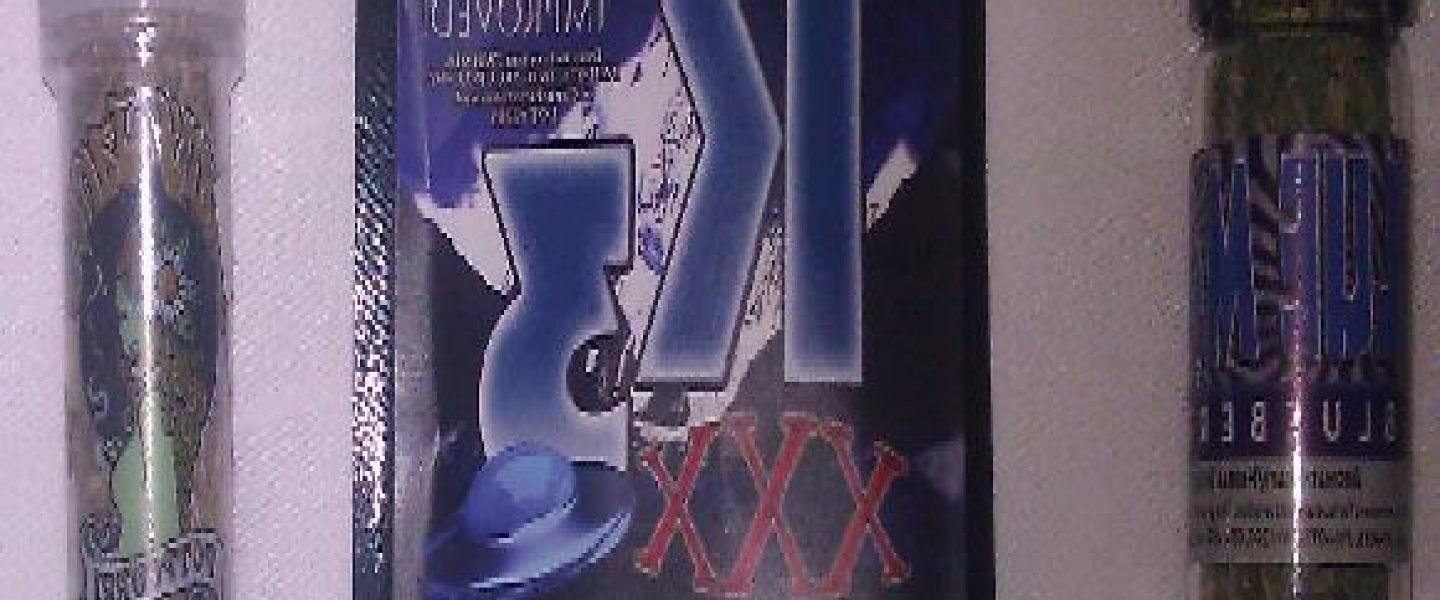 Today, the New York City Council Committee on Public Safety jointly with the Committees on Health and the Committee on Mental Health; Developmental Disability, Alcoholism, Substance Abuse and Disability Services; and the Committee on Consumer Affairs held hearings about the growing concern surrounding synthetic cannabinoids.
Today, the New York City Council Committee on Public Safety jointly with the Committees on Health and the Committee on Mental Health; Developmental Disability, Alcoholism, Substance Abuse and Disability Services; and the Committee on Consumer Affairs held hearings about the growing concern surrounding synthetic cannabinoids.
Recently, there have been several media reports of public drug use involving synthetic cannabinoids, such as spice and K2. Synthetic cannabinoids are a class of cannabinoid chemicals typically sprayed over plant matter and packaged with names like “K2,” “Spice” and “Green Giant.” These are only the latest “legal highs” to come on the market that simulate the effects of prohibited drugs like marijuana, ecstasy (MDMA), opioids, cocaine and methamphetamine. In the past, as these kind of substances have been banned, manufacturers have simply invented new variations of the same substances to skirt the bans as well as for legitimate scientific purposes.
While synthetic cannabinoids are used by a wide range of people, media accounts have focused on their use by people who are homeless and/or criminal justice involved. The substances usually do not show up in drug tests that are sometimes required for people to access shelters or social services that require abstinence from illicit drugs, like marijuana. Another population of people using the substance are people who are trying to avoid the criminal penalties associated with marijuana possession.
The problems associated with synthetic cannabinoids have been exacerbated by more complex underlying issues, such as homelessness, addiction and mental health issues.
While the Mayor’s Office introduced a plan to curb the use of synthetic cannabinoids that includes positive steps, such as a public education plan and a multi-agency task force, the plan focuses on criminalizing the sales of these substances, even those past efforts to do ban these substances have failed. City Council plans to introduce three pieces of legislation to go after sellers of the drug known as spice or K2. Advocates warn that such policies will not curb use of the drug, nor address homelessness, poverty and often mental health issues that are really at the heart of the issue.
Advocates are urging the de Blasio Administration and the City Council to rely instead on public health interventions that turn way from criminalization and point toward public health interventions. Solutions such as:
- Convene those who are directly impacted, scientific experts, service providers, and government agencies to craft innovative solutions to the problem
- Increase services to address homelessness and poverty
- Launch Public education campaigns (like the one proposed in the Mayor’s plan)
- Support regulations schemas to control the adult sales of synthetic cannabinoids and prevent their use by minors
- Institutionalize harm reduction interventions
“In the history of drugs, and alcohol, we have never seen prohibition or attempts at going after the “supply side” work. What we have seen work is drug treatment, housing and social services,” said Robert Suarez, a leader at VOCAL New York with a history of drug use and homelessness, “Millions of dollars in civil forfeiture money has been designated to address just these kinds of problems. Where is that money now? And why isn’t it being used for outreach teams and services? Those teams could meet the needs of the individuals on the street, and local elected officials could respond to constituent concerns.”
New York has developed a track record of adopting an evidence-based, public health approach to addressing drug use and reducing the harms associated with it. The alternative to banning synthetic cannabinoids and other emerging “legal highs” is effective prevention and harm reduction education, regulation, and control. Such an approach would prohibit synthetic cannabinoids, concentrated cannabis, and controlled substances analogues sales to minors, while regulating adult sales.
“As new potentially dangerous substances emerge, New York should also develop education strategies that alert young people to their potential health effects and which equip them with the skills and information they need to stay safe,” said Kassandra Frederique, New York Policy Manager at the Drug Policy Alliance. “Sensible and thoughtful regulation, along with comprehensive drug education, is the best way to keep these drugs out of the hands of young people.”
Source: Drug Policy Alliance – make a donation








